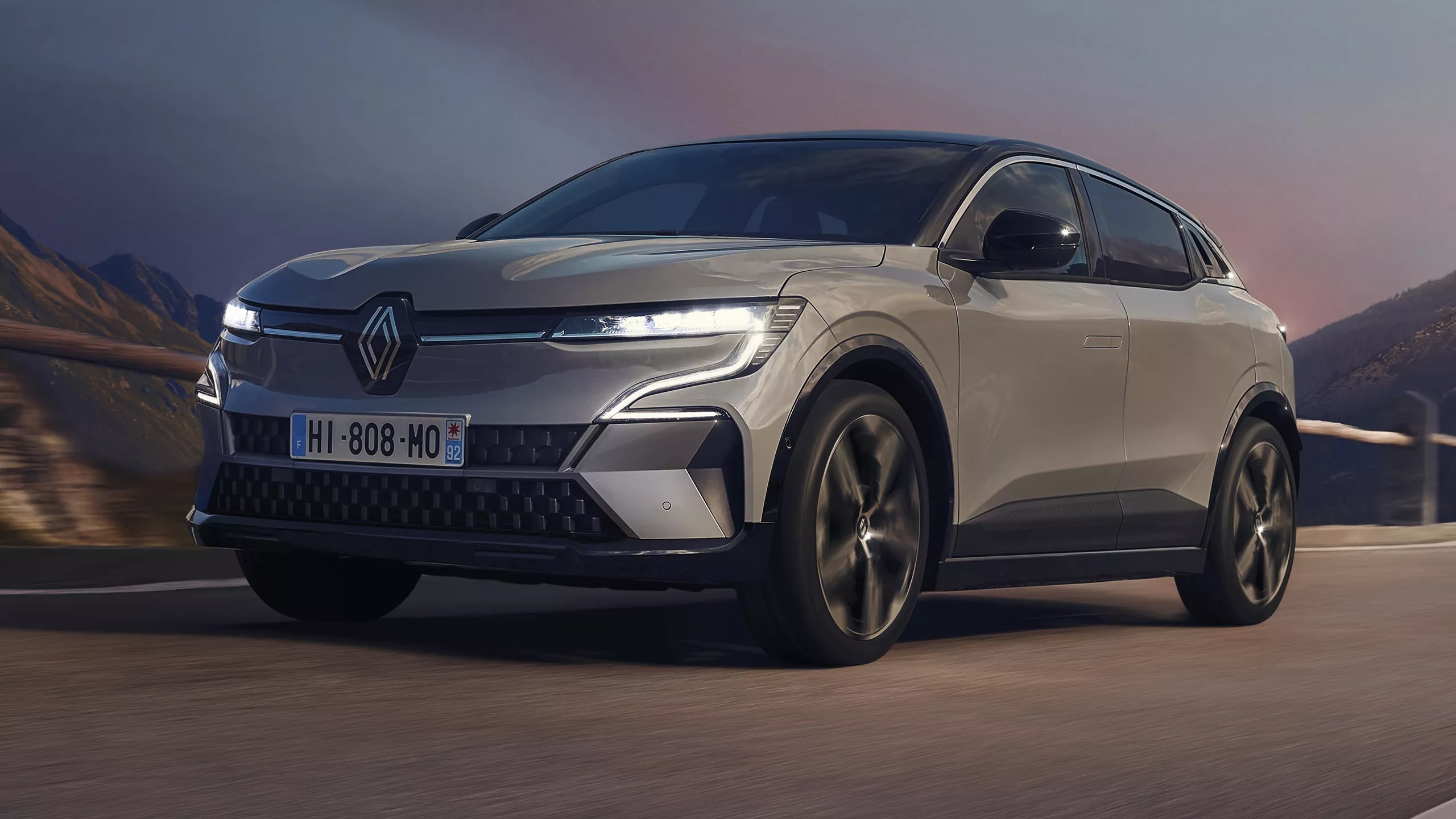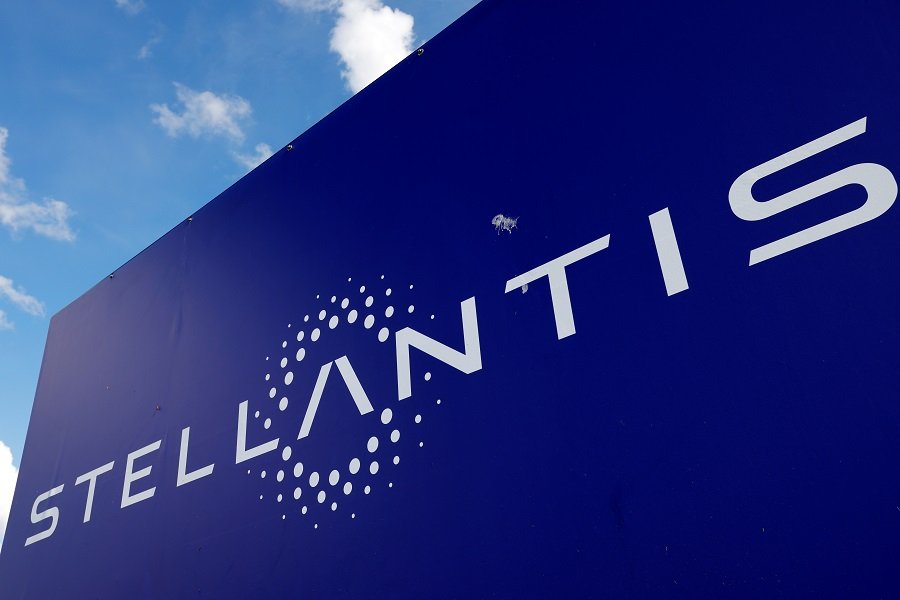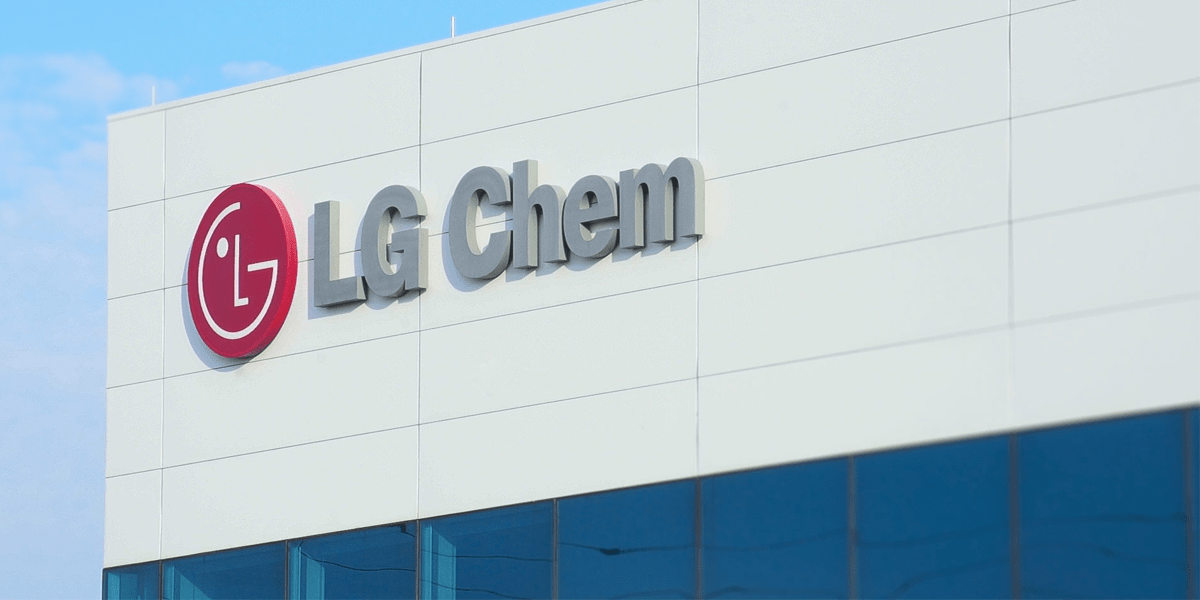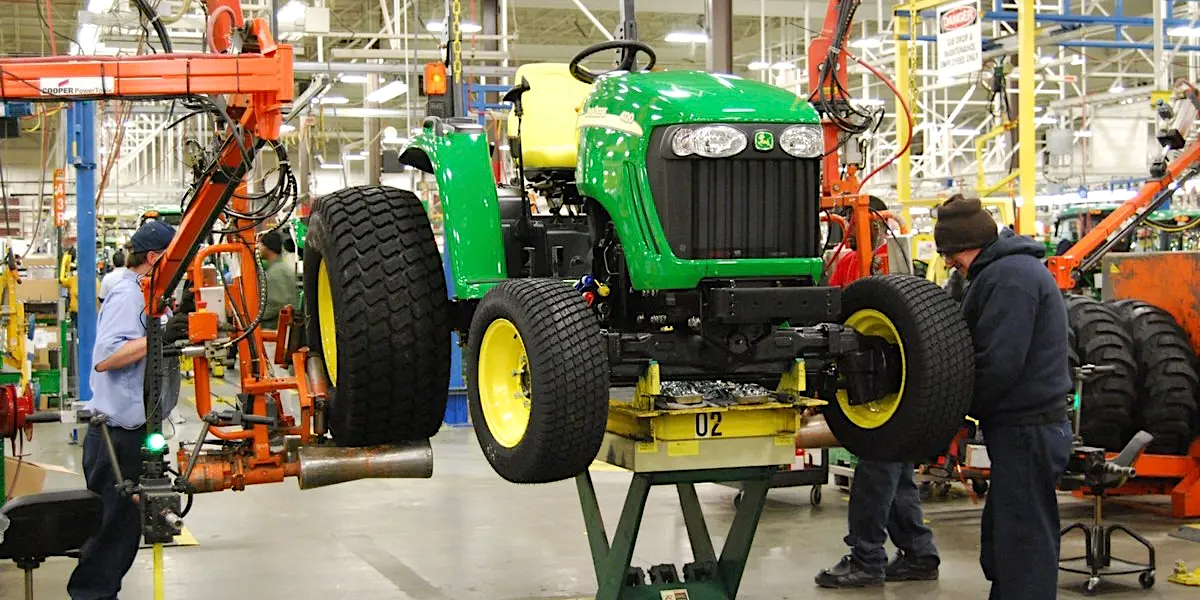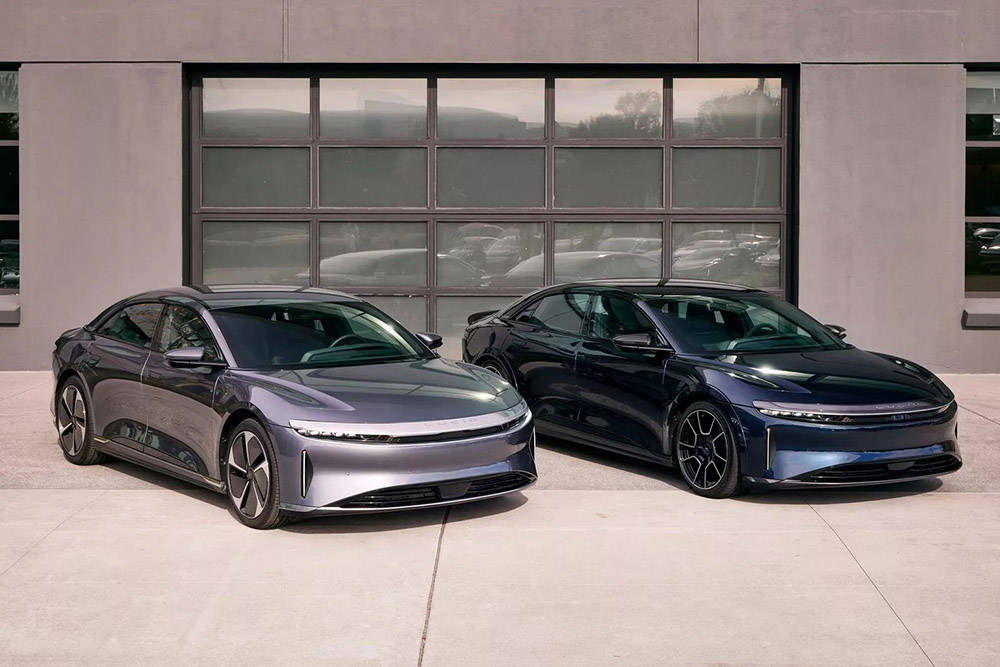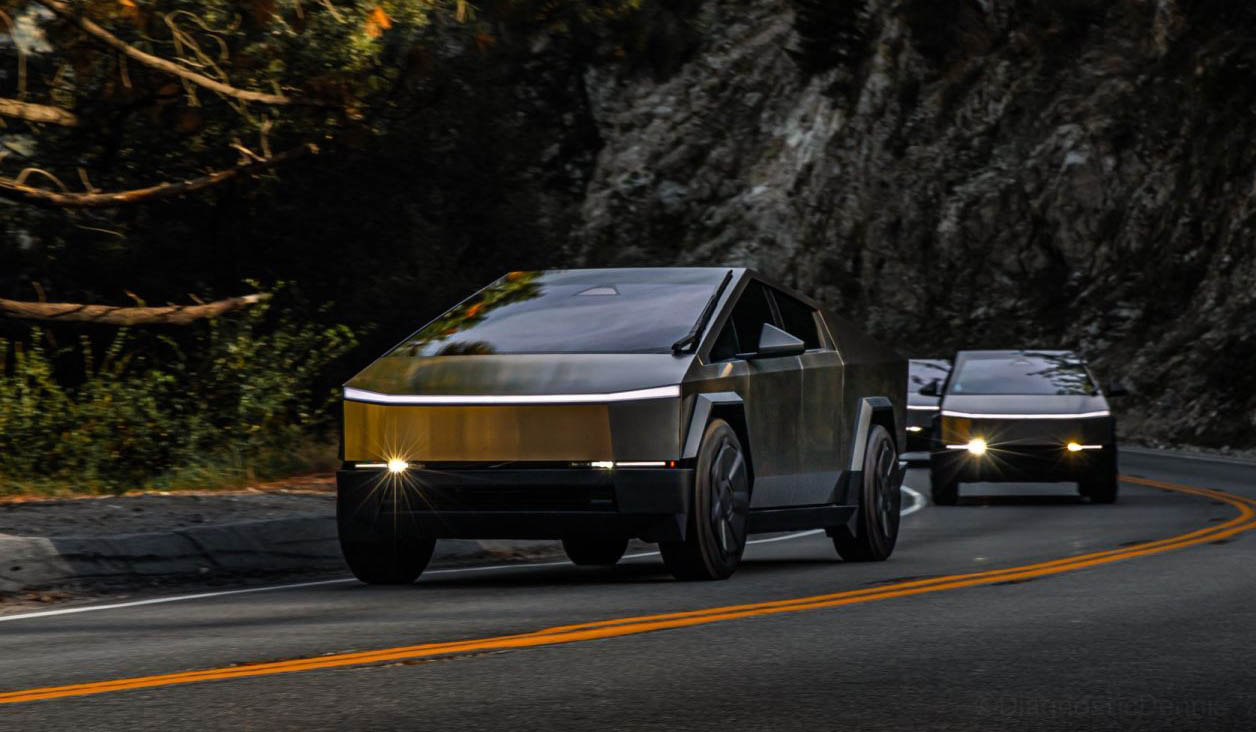France’s initiative to encourage electric vehicle (EV) adoption through a subsidy program faces a temporary halt due to unexpectedly high demand. Just four months after its launch, the government has announced a pause on the program, initially aimed at incentivizing low-income drivers to transition to electric vehicles.
In October 2023, Prime Minister Emmanuel Macron introduced the “social leasing” program, offering monthly payments of €100 ($109) to eligible low-income drivers. With subsidized down payments, automakers managed to provide lease options for EVs priced as low as €40 (~$43) per month, including free charging.
See also: Electric Vehicle Surge: France Witnesses a 47% YoY Increase as 26% of New Cars Sold in 2023 are EVs
To qualify, French residents must have an annual income not exceeding €15,400 ($16,815), commute over 8,000 km (4,971 miles) annually, and live at least 15 km (9 miles) from their workplace. The program offers a three-year lease with the option to purchase the EV afterward, covering insurance costs and providing cancellation options in specific circumstances.
Initially budgeted at 1.5 billion euros ($1.6 billion) to subsidize 20,000 leases in 2024, the program faced overwhelming demand, prompting the government to expand the initiative to 50,000 EVs. However, this surge in applications has led to a decision to halt the subsidy program once the quota is met, with eligible leases set to resume in 2025.
See also: France’s Stance on Post-Brexit EV Tariffs Raises Concerns for Carmakers
In addition to leases, France provides cash incentives ranging from 5,000 to 7,000 euros ($5,385-$6,460) to further promote EV adoption. However, qualifying vehicles must meet specific criteria regarding carbon emissions during manufacturing and delivery, excluding some models, particularly those manufactured in China.
Among the EVs currently qualifying for subsidies are the Fiat 500e, Peugeot E-208, and Tesla Model Y, while the Model 3 does not meet the requirements.

